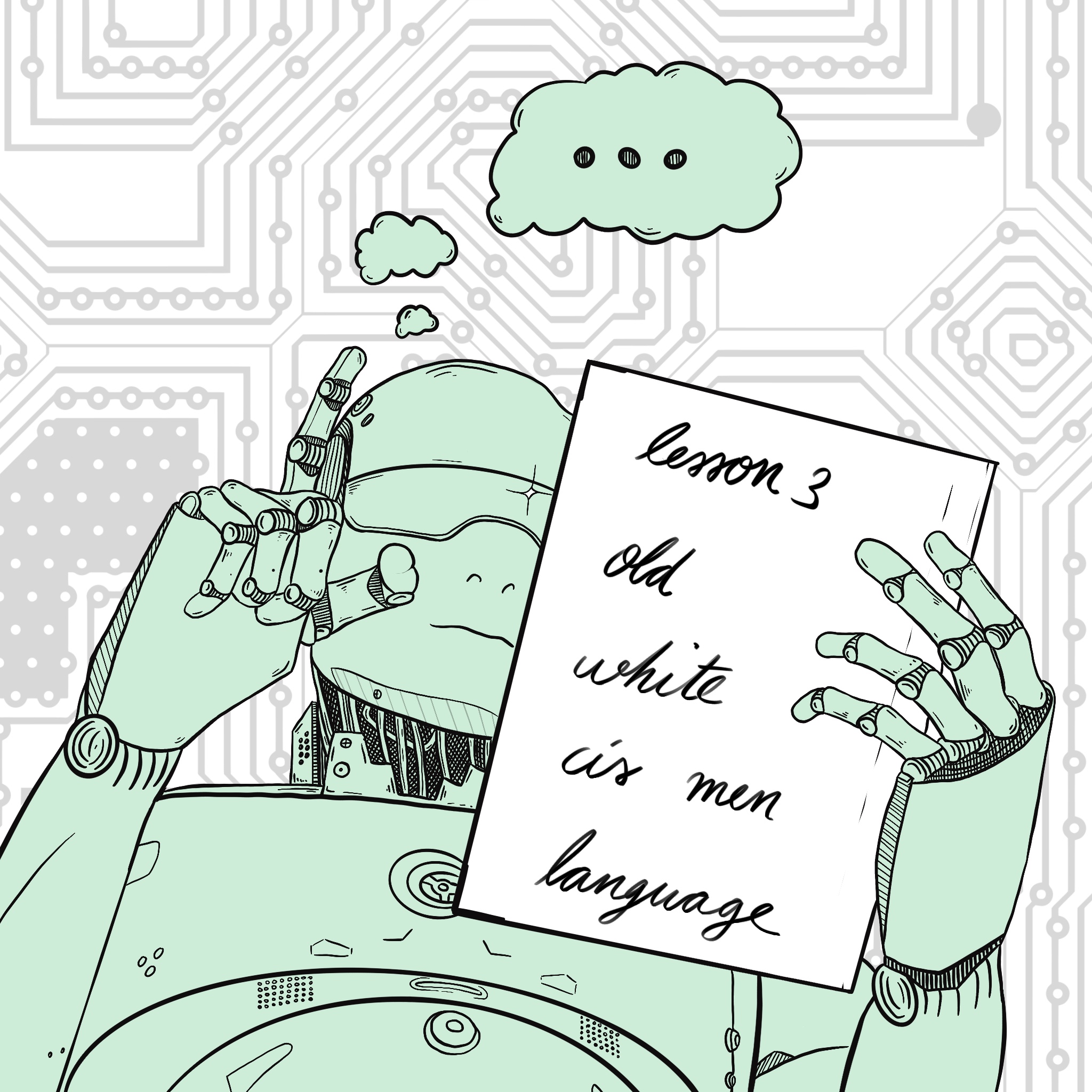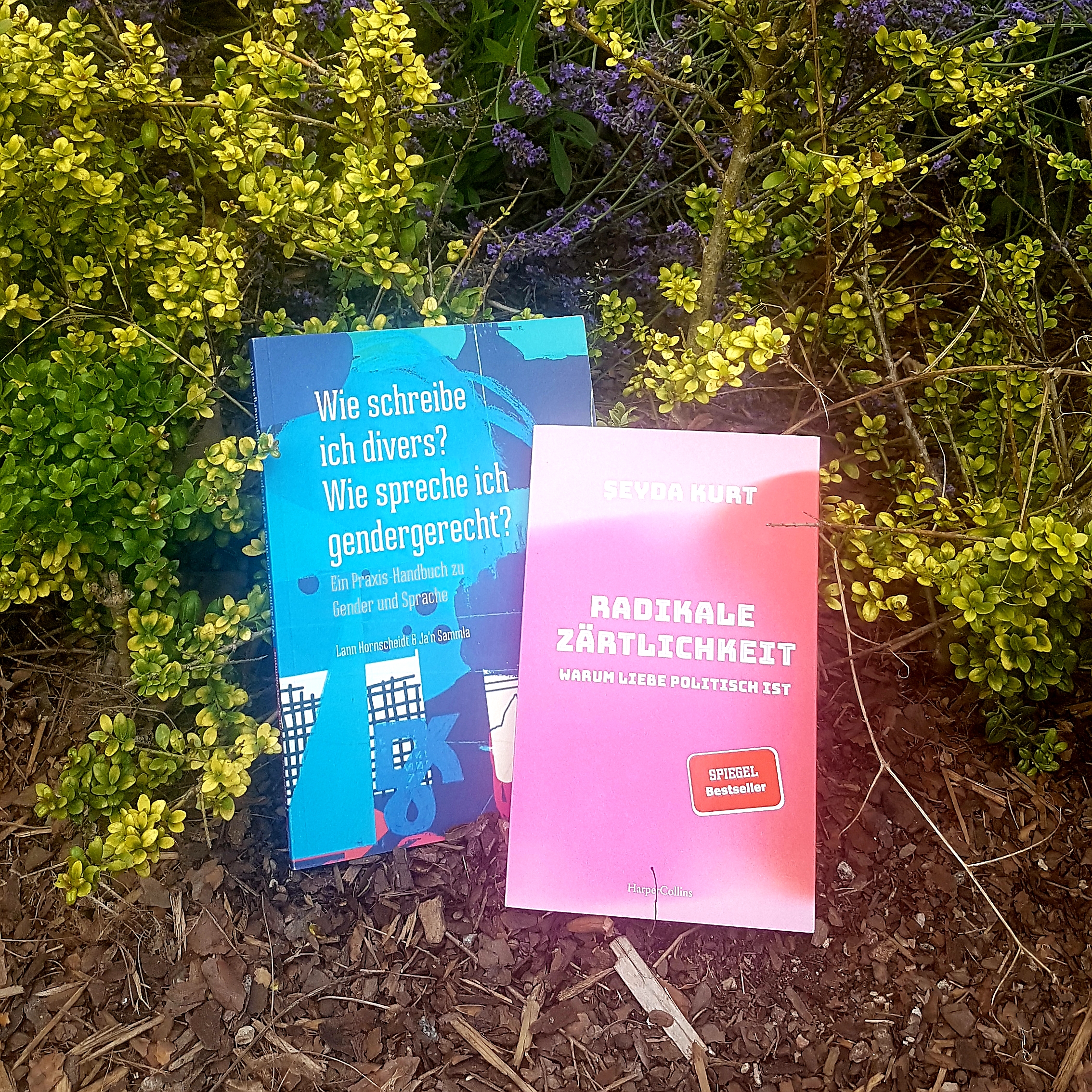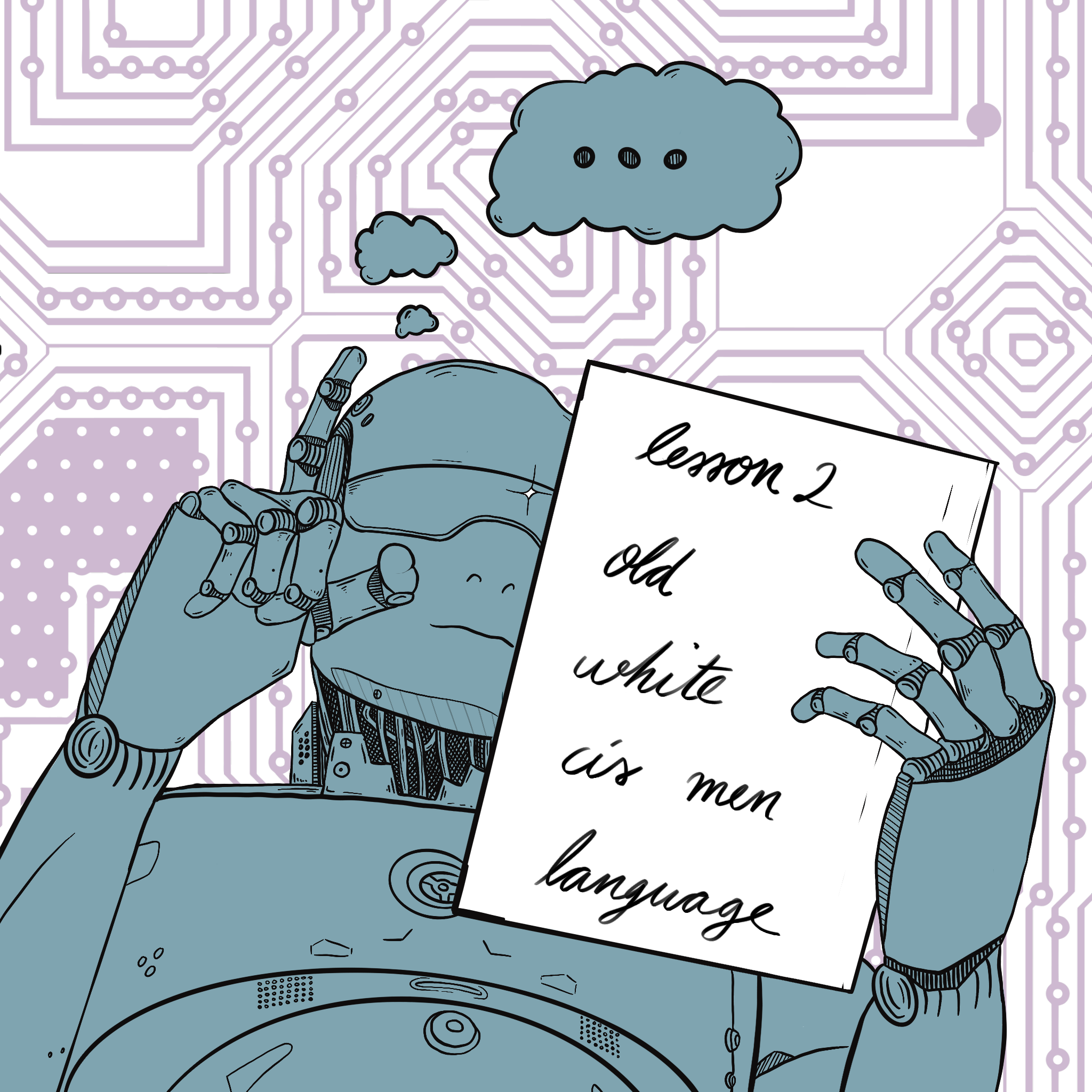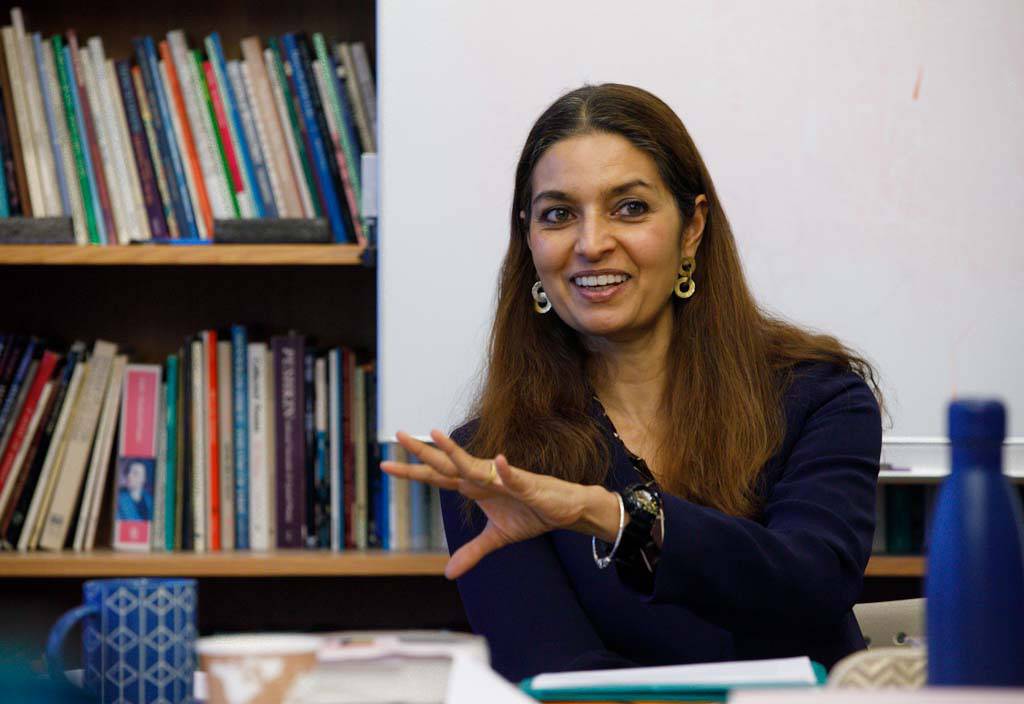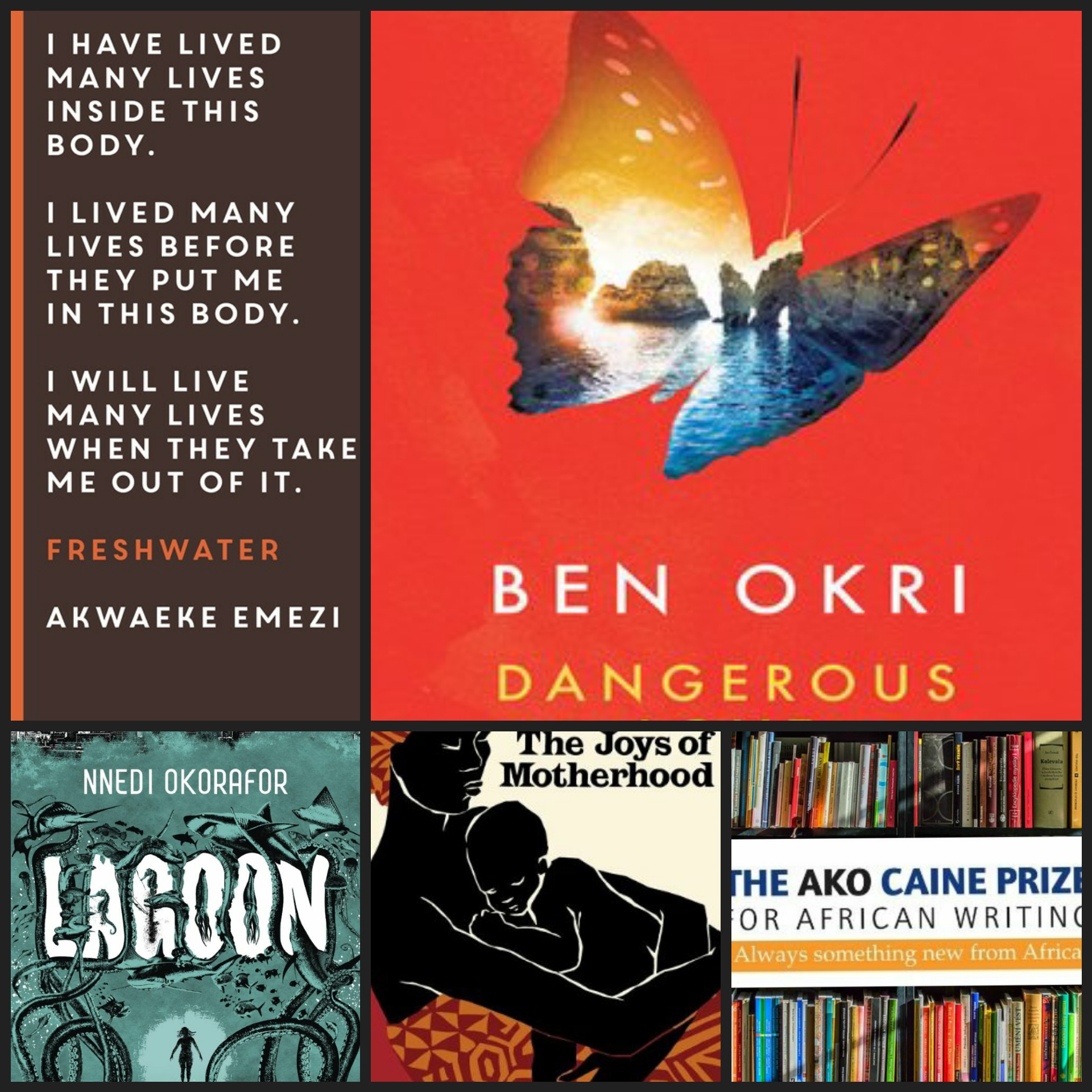In the second part of the interview, Bruce Pascoe talks about ancient places, buildings and practices of Indigenous Australians that are valuable for a more sustainable future. He also introduces the publishing house Magabala Books.
more...
In the course of our Green Library series, we were lucky enough to chat to the acclaimed author of Dark Emu: Aboriginal Australia and the Birth of Agriculture about this earlier book and his work cultivating Aboriginal farming methods on his farm in eastern Victoria.
more...
On 4 June, 2021, we hosted a discussion event with Lann Hornscheidt and Şeyda Kurt in cooperation with the Goethe-Institut. As part of the projects macht.sprache. and Artificially Correct, we were able to learn from the guests about ways of dealing with politically sensitive terms in writing and translating. This is part two of the transcript.
more...
On 4 June, 2021, we hosted a discussion event with Lann Hornscheidt and Şeyda Kurt in cooperation with the Goethe-Institut. As part of the projects macht.sprache. and Artificially Correct, we were able to learn from the guests about ways of dealing with politically sensitive terms in writing and translating.
more...
The second part of the transcript from our discussion with Dr. Michaela Dudley and Mirjam Nuenning that took place on 19 May 2021.
more...
On 19 May 2021, we got to hear from Dr Michaela Dudley and Mirjam Nuenning about their thoughts on translating politically sensitive language.
more...
Jhumpa Lahiri wrote her latest novel in Italian. Afterwards she translated it into English herself. The deliberate shift in her own language focus invites me to question several things: the linguistic pressure to conform that migrants of Colour often experience. And the common idea that people can only express themselves well in one language – their mother tongue.
more...
A listicle of five books set in Nigeria it’s worth checking out – from classics to less well-known newcomers, there’s some great reading here.
more...
Translators make decisions that have an enormous impact on how texts arrive in linguistic contexts beyond the language they were written in. Especially in literary translation, many of these decisions are related to questions of aesthetics and style. But these are also, as our macht.sprache. project is making increasingly clear, decisions with political undertow and ramifications. The translator’s note is often a moment that allows translators to communicate to their readers the considerations that went into their decision-making.
more...



